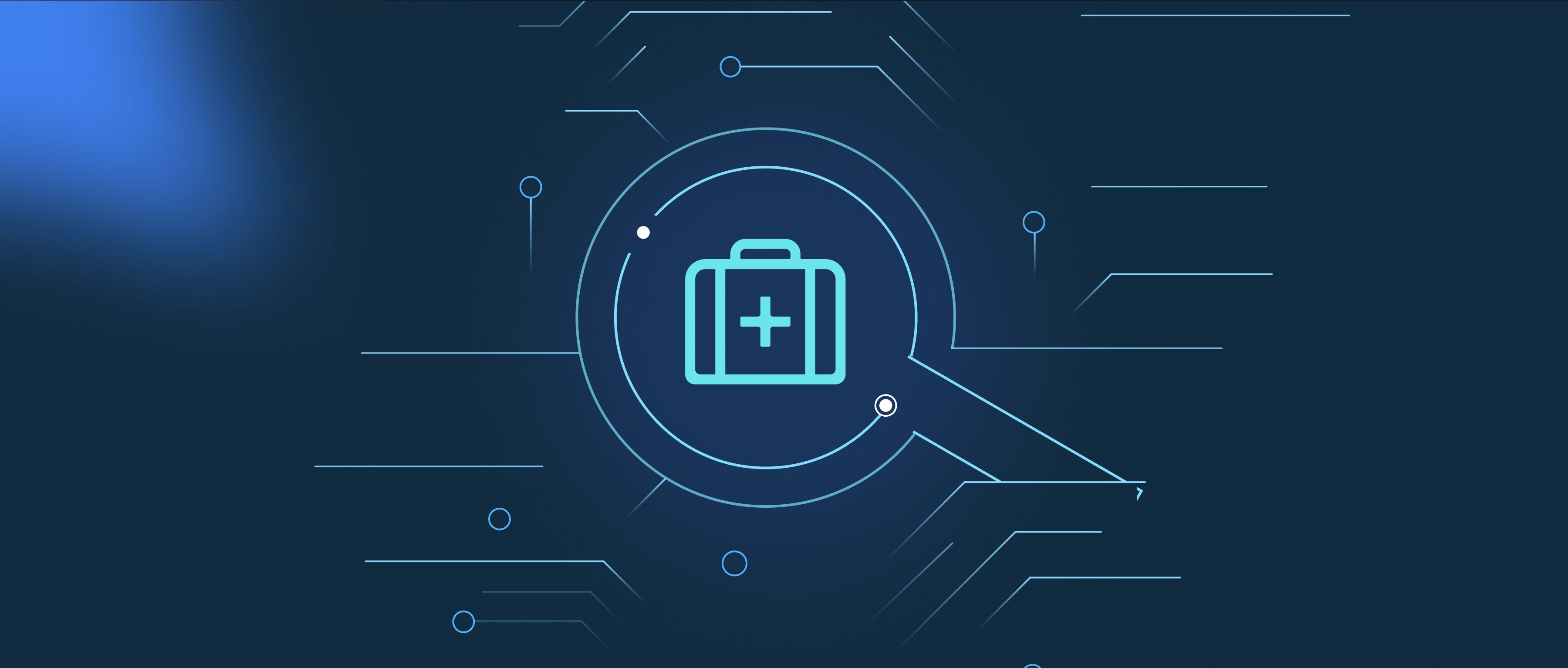Open-source projects face various legal challenges, primarily related to licensing, copyright, and trademark issues. When developers decide to open-source their software, they must choose a license that clearly defines how others can use, modify, and distribute their code. This is crucial, as improper use or sharing can lead to disputes. Open-source projects often have legal professionals review their licenses to ensure compliance and to address potential risks associated with third-party contributions or dependencies.
To manage legal challenges effectively, open-source projects typically establish a contributor agreement. This document outlines the terms under which contributions from developers are accepted. It helps to clarify ownership of code and any rights the project maintainers may have over submissions. For example, the Apache Software Foundation uses a Contributor License Agreement (CLA) to secure rights and ensure that all contributions are clean from legal issues. This approach protects the project from potential claims related to infringement or misuse by contributors.
In addition to licenses and contribution agreements, many open-source projects have dedicated legal teams or advisors who monitor legal developments and manage any disputes that arise. They ensure that project practices stay within legal boundaries and provide guidance on best practices for compliance. For instance, large projects like the Linux kernel have legal teams that offer support to developers facing trademark challenges, ensuring that the project's name and brand remain protected. By proactively addressing legal issues, open-source projects can maintain their integrity and foster a supportive environment for collaboration.
